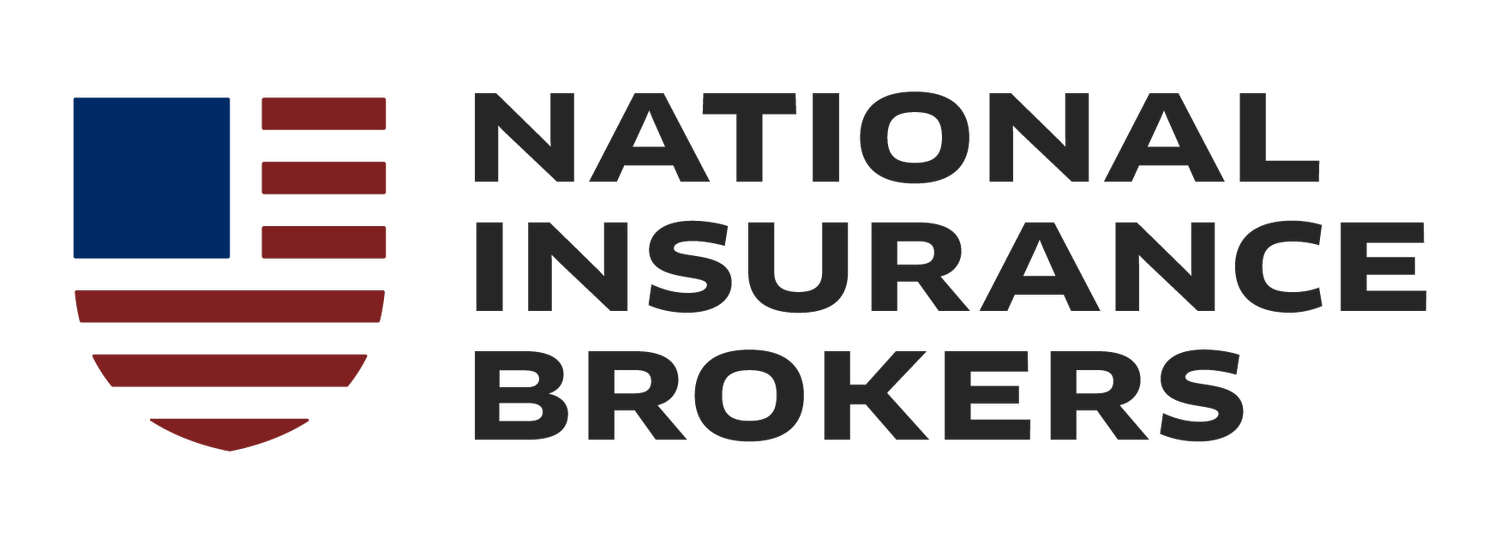Choosing the Right Health Insurance Plan: Factors to Consider During Open Enrollment
When securing your health and financial well-being, the open enrollment period for health insurance is significant. This annual window is the best opportunity to evaluate and select a health plan that aligns with your needs.
Choosing what's best for you during open enrollment for 2024 has a profound impact on your healthcare costs and access to medical services. Open enrollment is the time to evaluate any changes in your health insurance needs. For instance, if you are expecting to welcome a new family member, considering plans that offer comprehensive maternity care or child health services can be beneficial.
Whether you're looking into the Health Insurance Marketplace established by the federal government or considering other health coverage options, understanding the nuances of different plans is essential.
This guide aims to simplify the complex world of health insurance and help you navigate the open enrollment schedules confidently.
Understanding the Basics
Health insurance can sometimes seem like a maze of terms and conditions. At its core, it involves paying a monthly premium to a provider in exchange for which they cover your medical expenses. However, terms like deductibles, copayments, coinsurance, and out-of-pocket expenses impact your final healthcare costs.
For instance, a silver plan in the Health Insurance Marketplace might offer different benefits and cost-sharing structures than other plans. Understanding these elements is crucial for assessing the total yearly costs of a health plan.
It's critical to understand how factors like the federal poverty level and household income can influence your eligibility for financial assistance such as premium tax credits. These credits can significantly lower your monthly premium costs, making healthcare more affordable.
Assess Your Healthcare Needs
Every individual or family has unique healthcare needs. Assessing these needs is vital before delving into the marketplace's open enrollment period.
Consider your current health status, any pre-existing conditions, regular medications, and potential upcoming medical procedures. Don't forget to factor in the needs of your family members if they are included in your health coverage.
If you have children, programs like the Children's Health Insurance Program (CHIP) might be relevant. Your household income also plays a role, as it could qualify you for premium tax credits or other forms of financial assistance.
Consider the frequency of doctor visits or any specialized care you might need. For those managing chronic conditions, plans offering comprehensive coverage for ongoing treatment and preventive care services could be more cost-effective.
Network of Providers
One of the most overlooked aspects of choosing a health insurance plan is the provider network. A provider network is a group of healthcare professionals and institutions that have contracted with your insurer to provide services at negotiated rates.
During open enrollment 2024, be sure to verify if your preferred doctors, specialists, and hospitals are included in the network of the plans you are considering. Staying within the same provider network can significantly reduce your out-of-pocket costs.
Also, be aware of the special enrollment periods that might occur due to qualifying life events, allowing changes outside the typical open enrollment dates.
It's also advisable to review the same provider network for any changes in coverage or policies. Sometimes, providers leave or join networks, which could impact your access to care.
Prescription Drug Coverage
A crucial aspect of any health insurance plan is its prescription drug coverage. This coverage is especially important if you or your family members require regular medication.
Health plans categorize drugs into a 'formulary,' which is essentially a list of covered medications. Understanding a plan's formulary is vital to ensure that your necessary medications are covered.
When reviewing options during the open enrollment period, take the time to check if your current medications, or any you anticipate needing, are included. This can significantly influence your out-of-pocket expenses and overall healthcare costs.
It's important to understand the cost tiers within the formulary. Some plans categorize generic drugs differently from brand-name medications, affecting cost.
Financial Considerations
When considering health insurance coverage, understanding the financial implications is key. This includes a breakdown of premiums, deductibles, copayments, and out-of-pocket maximums.
The monthly premium is what you pay regularly to maintain your coverage. The deductible is the amount you must pay out of pocket before your insurance begins to cover costs. Copayments are set amounts for certain services, like doctor visits or prescriptions.
Lastly, the out-of-pocket maximum is the most you will have to pay in a year for covered services. Balancing lower premium costs with potentially higher out-of-pocket expenses (or vice versa) is crucial and should align with your anticipated healthcare needs and household income.
For those who are eligible, the Inflation Reduction Act may provide additional financial benefits, particularly in terms of prescription drug costs for those enrolled in Medicare. It's important to stay informed about such legislative changes, as they can have a significant impact on your health insurance costs and benefits.
Additional Benefits
Many health plans offer more than just basic medical coverage. These additional benefits can include mental health services, maternity care, wellness programs, and even preventive care.
These offerings can be particularly beneficial if they align with your personal or family health needs. During open enrollment for 2024, take a closer look at what each plan offers beyond the standard coverage.
Plans might differ in their offerings, and something like a wellness program might provide significant value to your overall health and well-being.
Conclusion
Choosing the right health insurance plan during open enrollment is a decision that requires careful consideration. It’s not just about finding coverage; it’s about finding the right coverage for your specific needs.
Remember that the most suitable plan offers a balance of affordable premiums, comprehensive coverage, and a network that includes your preferred healthcare providers. Take your time to understand each option, and don’t hesitate to reach out to certified application counselors or the marketplace call center for guidance.
Your choice can provide not just financial security but also peace of mind for the upcoming year. Make it a point to be well-informed and proactive in this important decision-making process.
If you need assistance about how to choose the right insurance plan, National Insurance Brokers is here to help. They can guide you through the process of selecting the best health coverage for you and your family in the coming year. If any of this sounds appealing, don’t hesitate to contact them.

